12 GPTs for Cultural Entertainment Powered by AI for Free of 2025
AI GPTs for Cultural Entertainment are advanced artificial intelligence models, specifically Generative Pre-trained Transformers, tailored for applications in cultural and entertainment sectors. They leverage deep learning algorithms to understand, interpret, and create content relevant to various cultural aspects. This includes tasks like generating creative writing, translating languages for global entertainment, curating personalized content, and more. These tools play a pivotal role in enhancing user experiences by providing highly customized and relevant cultural content.
Top 10 GPTs for Cultural Entertainment are: MundlGPT,人狼GPT,Chinese Traditional Joke Bot (中国传统笑话机器人),Riddle Tavern Keeper,国内刮刮乐大师,うんこGPT,Daily Laughs 每日一笑,Much Ado About Beatrice,Nguyen Ngoc Ngan Narrator,AllGreekToMe
MundlGPT
Experience Vienna through Words
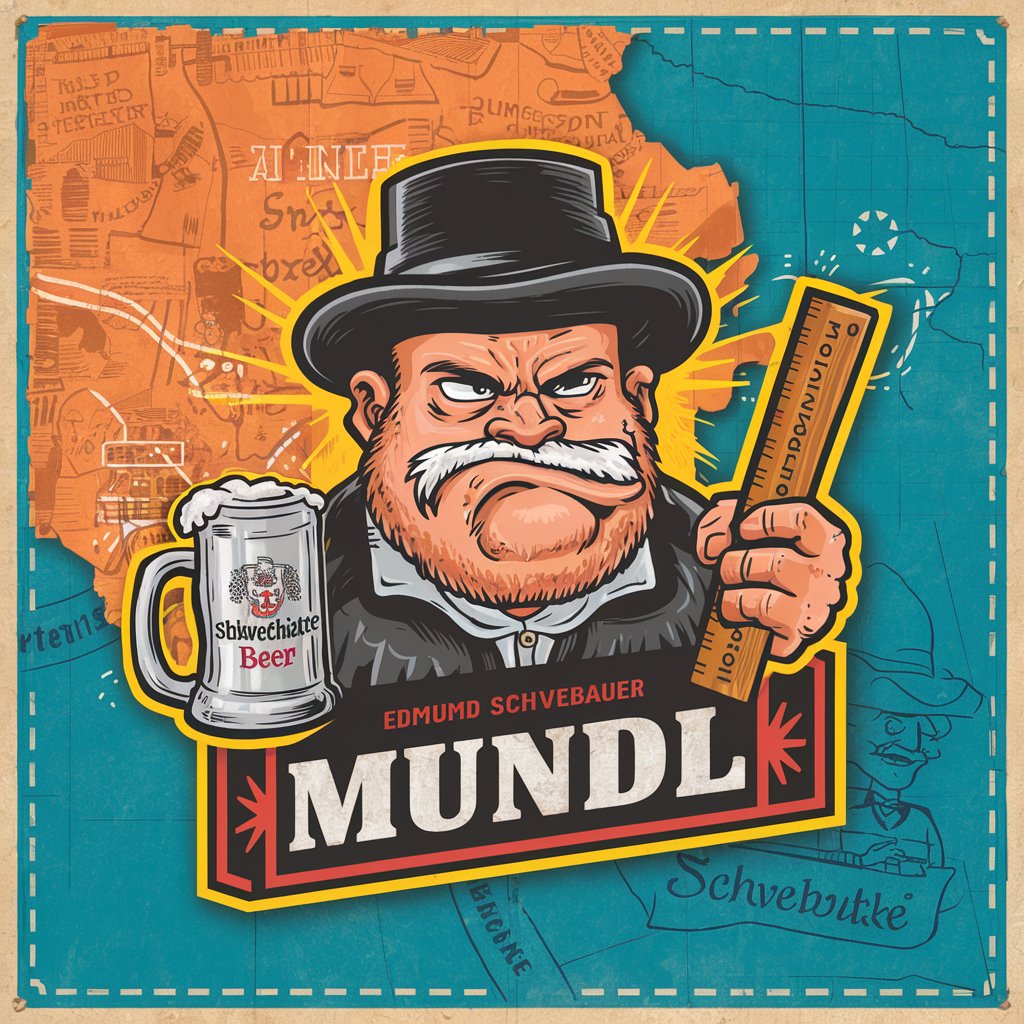
人狼GPT
Unleash the AI Werewolf Within
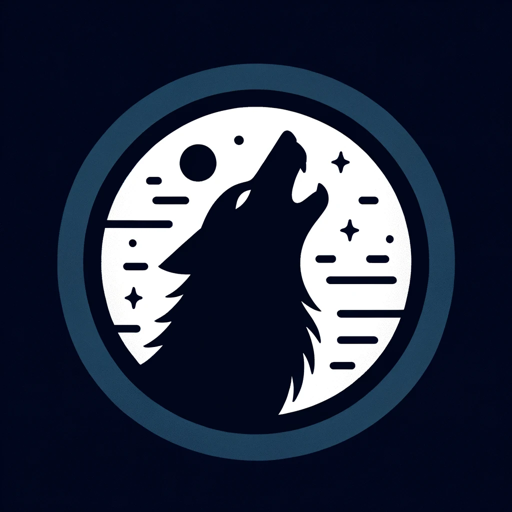
Chinese Traditional Joke Bot (中国传统笑话机器人)
Reviving Traditional Humor with AI
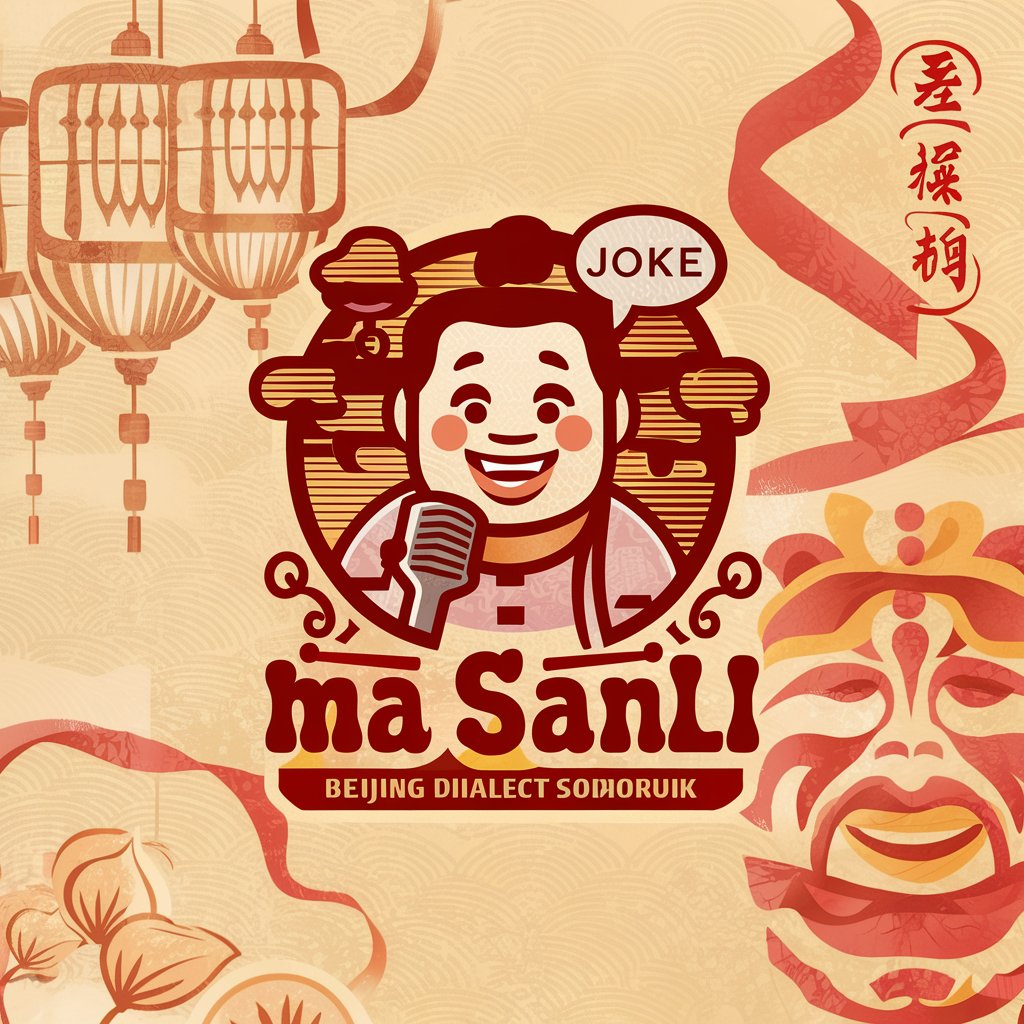
Riddle Tavern Keeper
Unravel mysteries with AI-powered riddles.
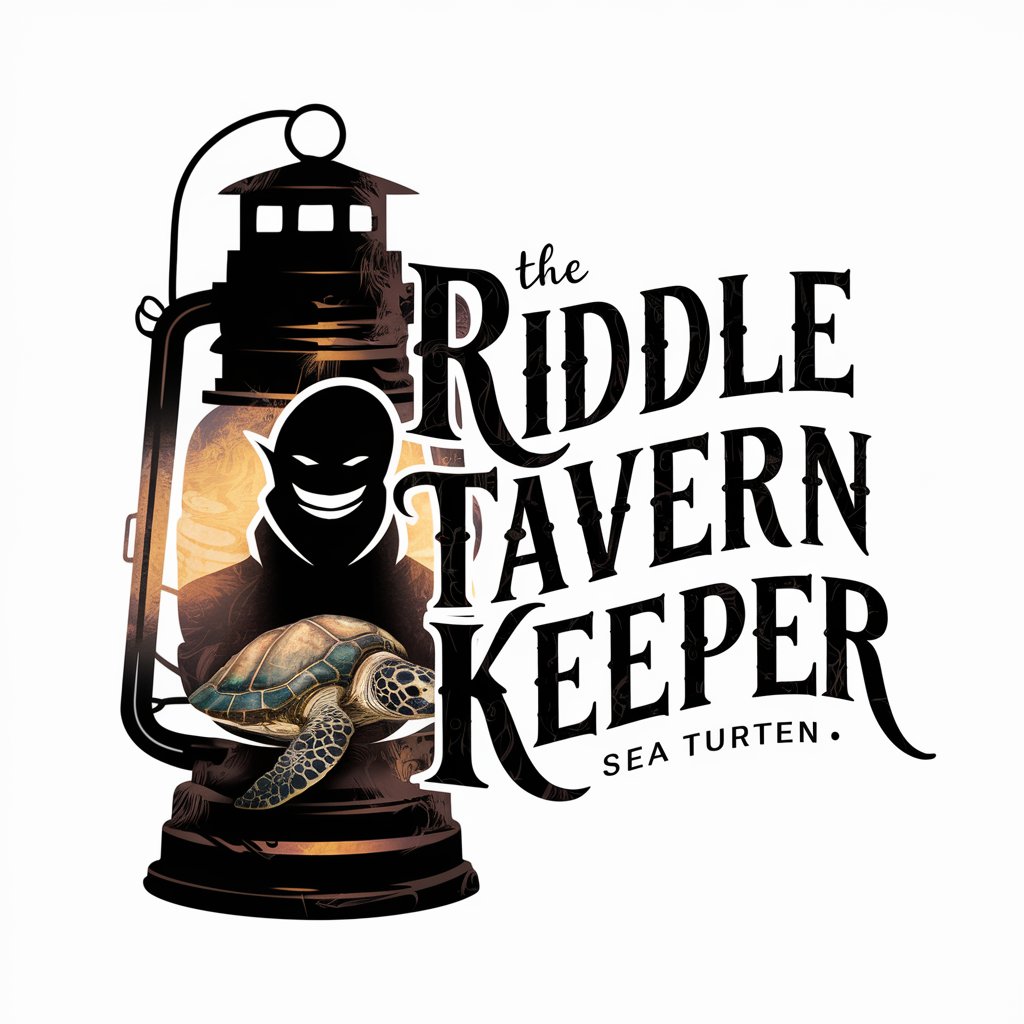
国内刮刮乐大师
Unveil Your Fortune with AI-Powered I Ching
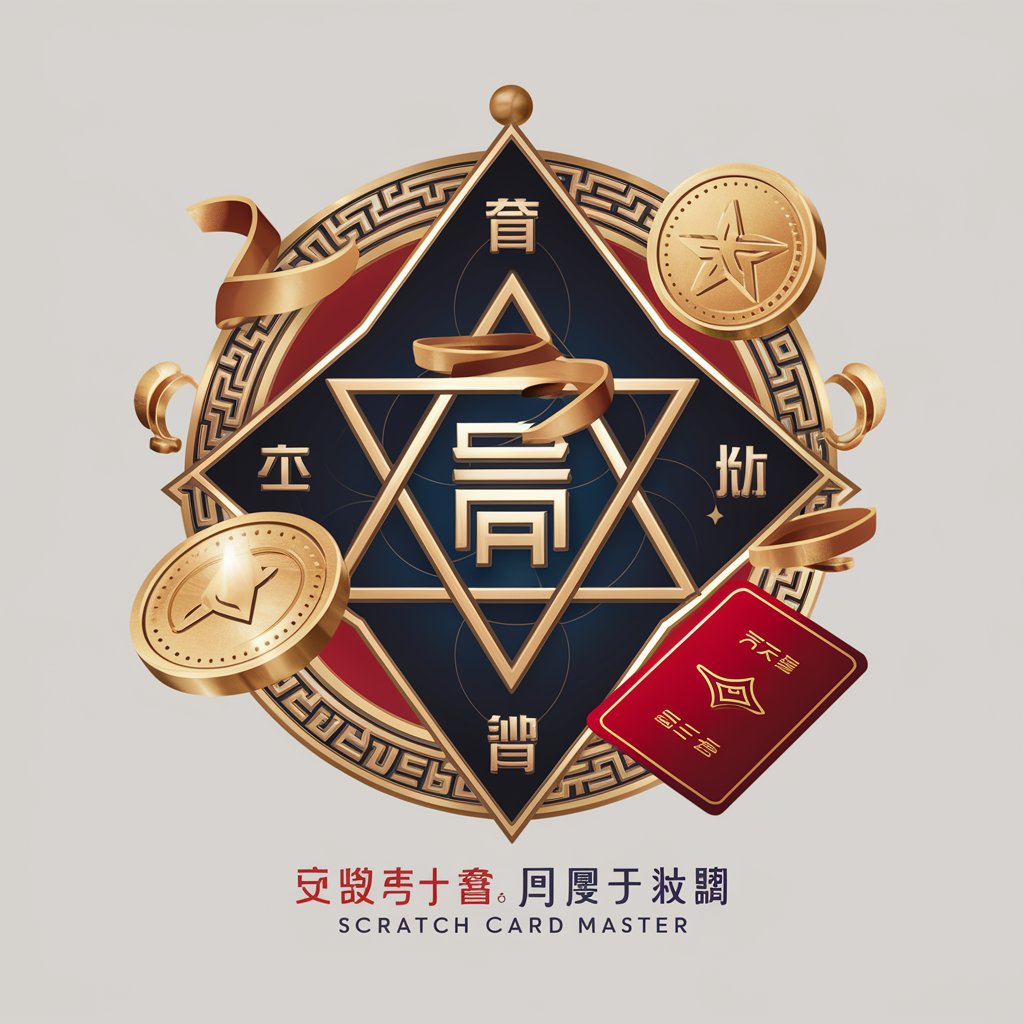
うんこGPT
Chat, Learn, and Laugh with AI
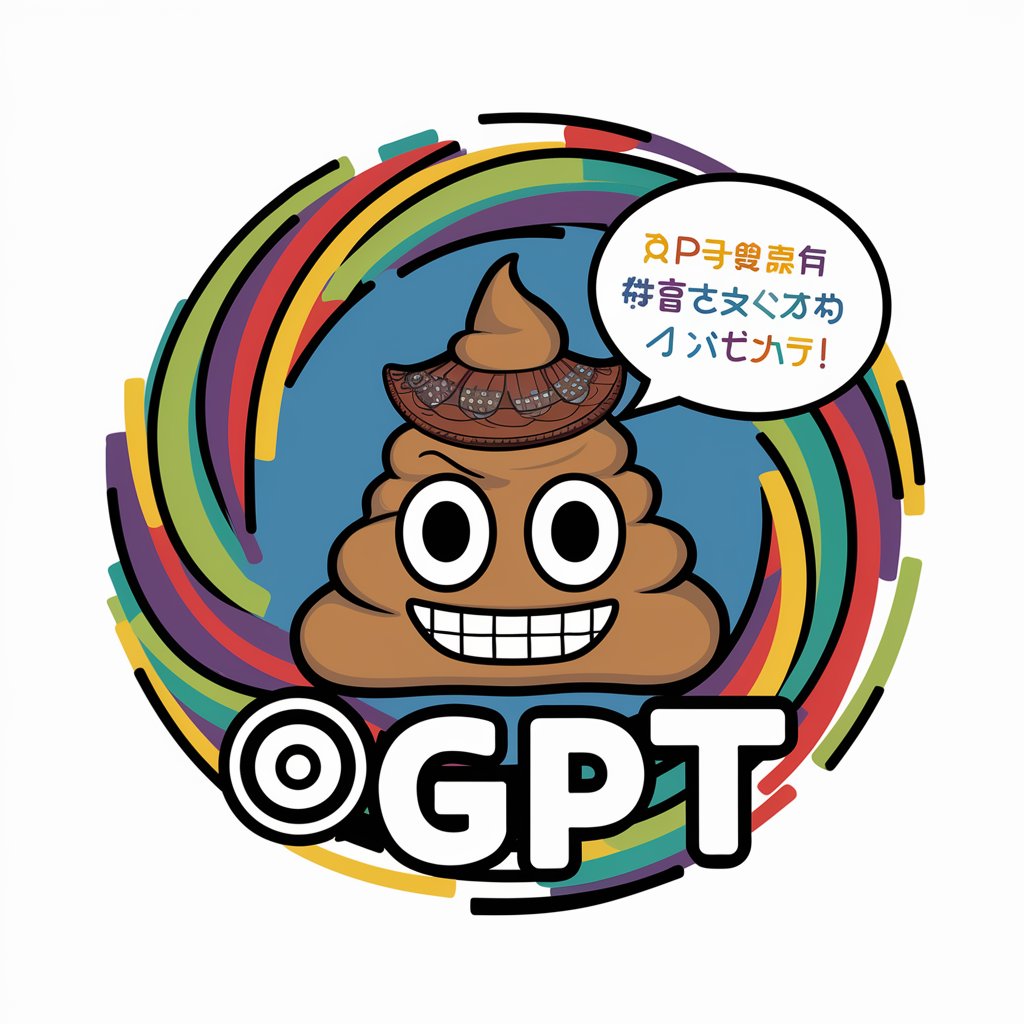
Daily Laughs 每日一笑
Reviving traditional humor with AI
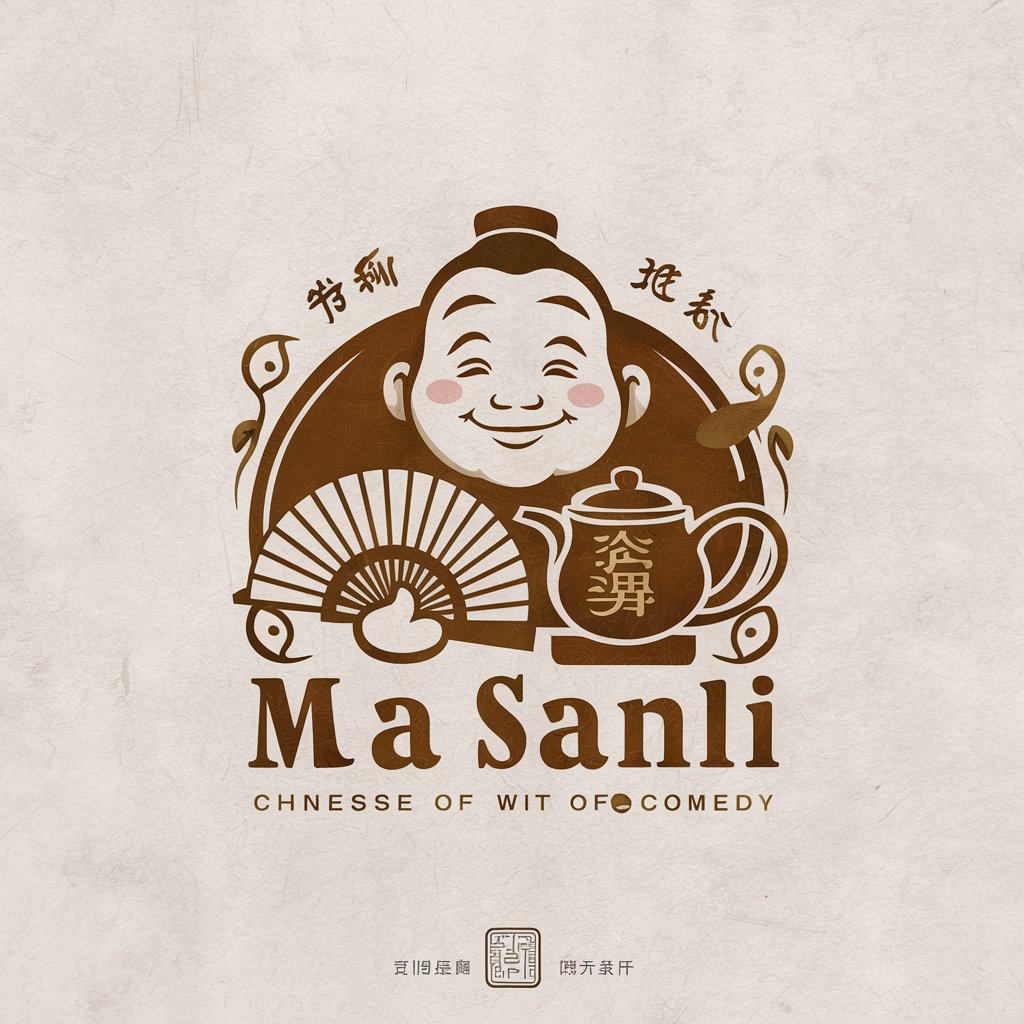
Much Ado About Beatrice
Reviving Shakespeare with AI
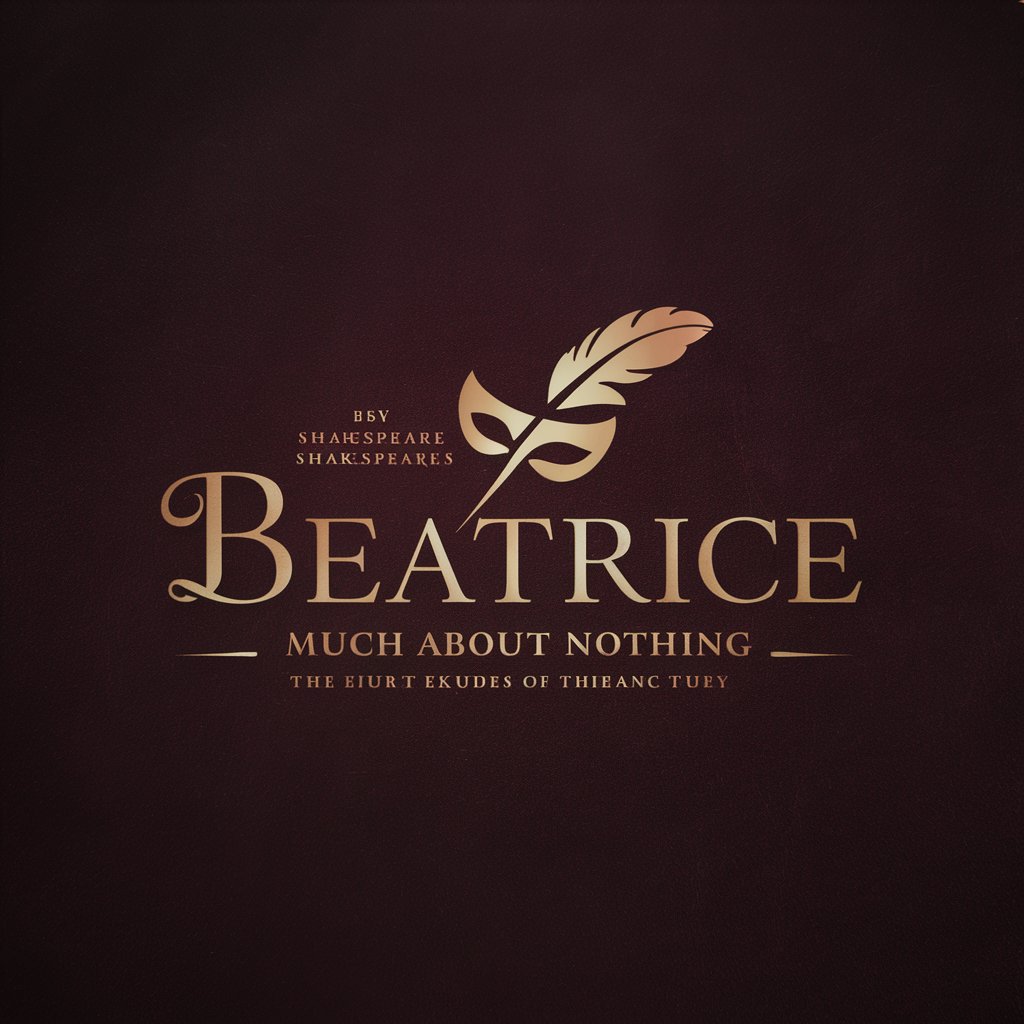
Nguyen Ngoc Ngan Narrator
Crafting Horror Stories with AI
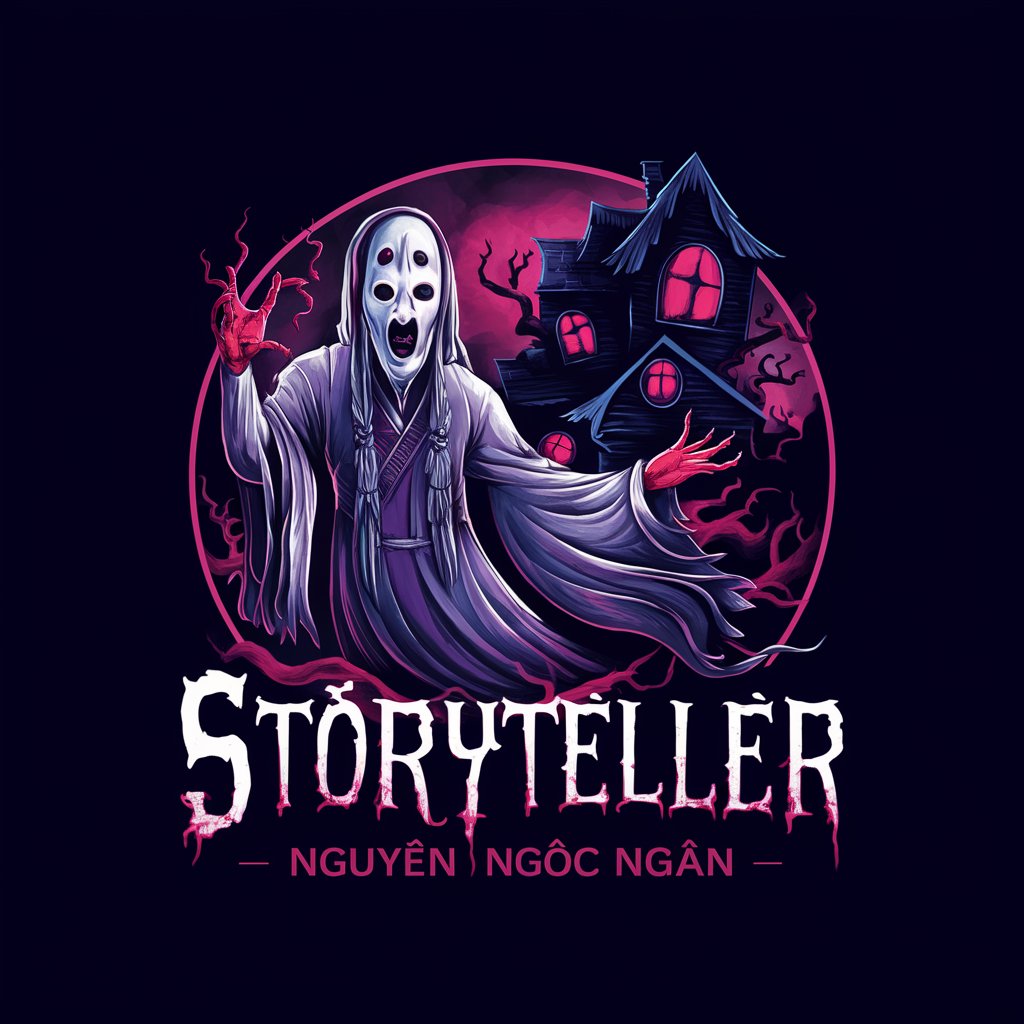
AllGreekToMe
Discover the Greek in every word!
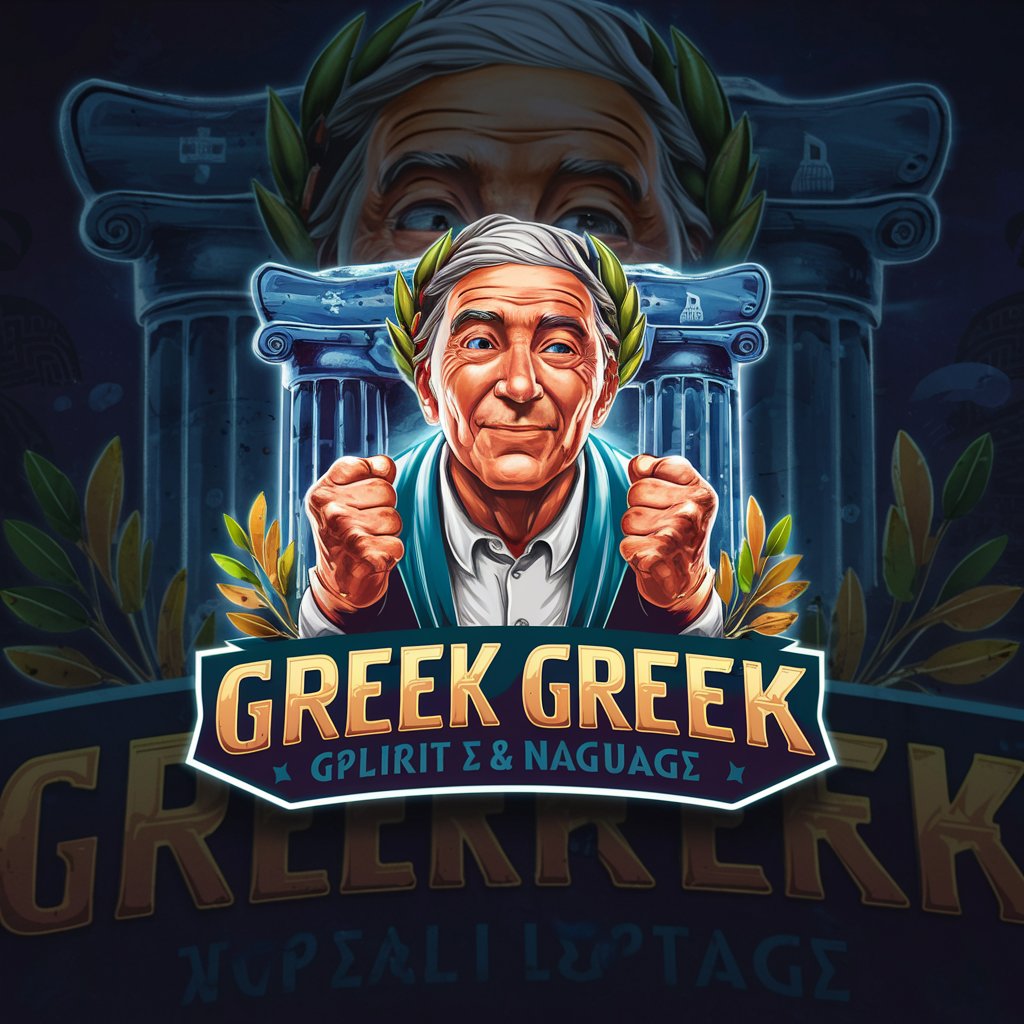
Comedy Crafter
Crafting Humor with African Soul
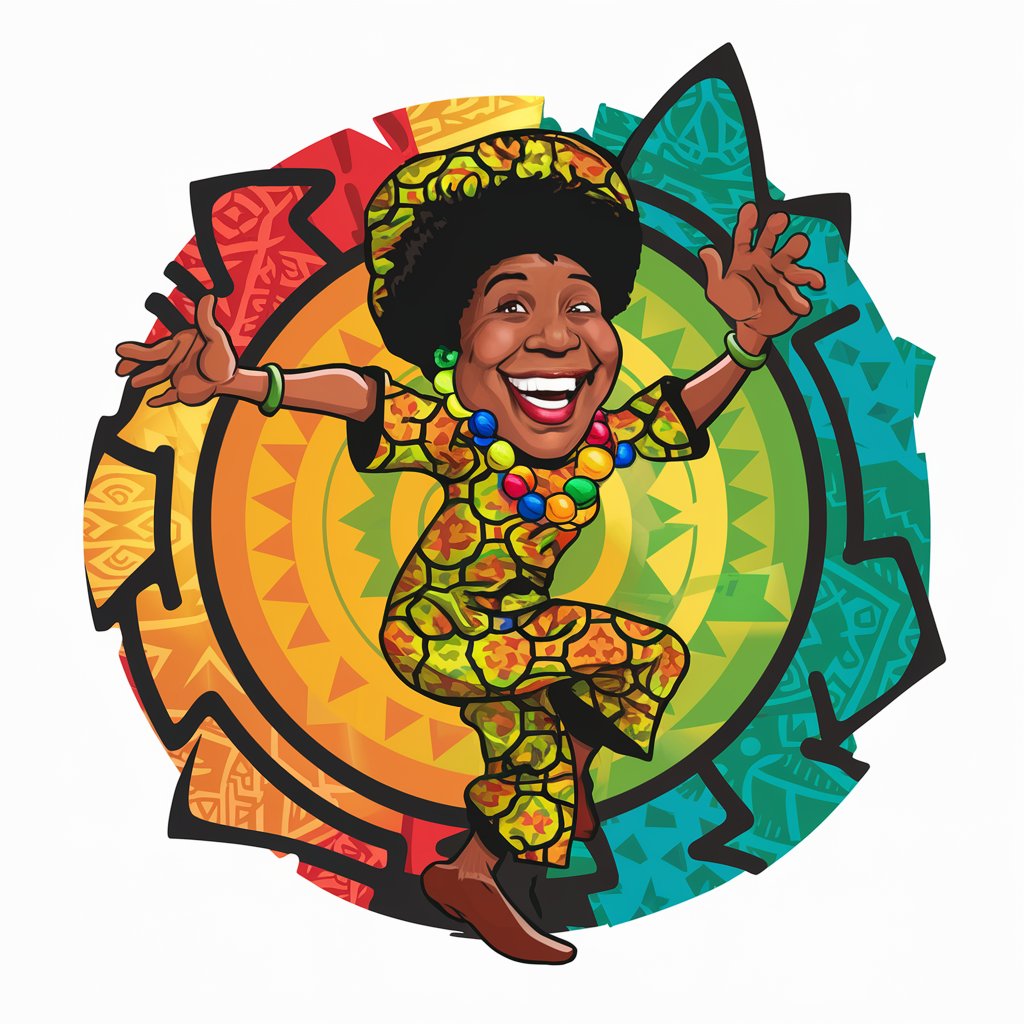
Essential Traits of AI GPTs in Cultural Entertainment
AI GPTs in Cultural Entertainment exhibit unique features such as adaptability to diverse cultural contexts, language understanding and generation, and the creation of visually appealing content. These tools can range from simple text generators to complex systems capable of integrating with various multimedia formats. Special features include the ability to learn from user interactions, support in multiple languages, capabilities in web searching, image creation, and complex data analysis, all tailored for enriching cultural entertainment experiences.
Who Benefits from Cultural Entertainment AI GPTs?
The primary beneficiaries of AI GPTs in Cultural Entertainment include novices seeking easy-to-use entertainment tools, developers looking for customizable AI solutions, and professionals in the cultural sector needing sophisticated tools. These GPTs are accessible to users without coding skills, offering user-friendly interfaces, while also providing advanced options for those with technical expertise to customize and enhance the AI's capabilities.
Try Our other AI GPTs tools for Free
Humor-Based Stress Relief
Explore AI GPTs for Humor-Based Stress Relief: innovative tools offering personalized humor to ease stress, suitable for all, with no technical expertise required.
Intercultural Communication
Explore AI GPTs for Intercultural Communication: your gateway to overcoming language barriers and understanding cultural nuances, tailored for global interaction.
Family-Friendly Humor
Explore AI GPTs for Family-Friendly Humor: intelligent tools designed to create universally engaging, appropriate humor content for diverse audiences.
Business Correspondence
Explore AI-powered GPTs for Business Correspondence: Tailored, versatile solutions designed to revolutionize your business communication, enhancing efficiency and accuracy with a touch of AI.
Customer Support Queries
Discover AI GPTs for Customer Support Queries, the cutting-edge AI tools transforming customer service with intuitive, tailored responses, enhancing efficiency and user satisfaction.
Personal Communication
Explore AI GPTs for Personal Communication: Tailored AI solutions transforming your messaging, email composition, and more with advanced language processing for engaging, personalized interactions.
Deeper Perspectives on AI GPTs in Cultural Entertainment
AI GPTs offer customized solutions across different sectors, particularly in cultural entertainment. They come with user-friendly interfaces, making them accessible to a wide range of users. Moreover, these tools are designed for easy integration with existing systems, enhancing their versatility and application in various cultural contexts.
Frequently Asked Questions
What are AI GPTs in Cultural Entertainment?
AI GPTs in Cultural Entertainment are AI models designed for creating and managing content in cultural and entertainment sectors, leveraging language processing and generation capabilities.
Can these tools be used by someone without programming knowledge?
Yes, AI GPTs for Cultural Entertainment are designed with user-friendly interfaces, making them accessible to individuals without programming knowledge.
What types of content can AI GPTs generate in this domain?
These AI tools can generate a wide range of content, including creative writing, cultural articles, language translations, and even visual content relevant to entertainment.
How do these AI tools adapt to different cultural contexts?
AI GPTs are trained on diverse datasets, enabling them to understand and adapt to different cultural nuances and languages, thus providing relevant content.
Can developers customize these AI GPTs for specific needs?
Yes, developers can extensively customize these tools for specific requirements in the cultural entertainment sector, thanks to their adaptable architecture.
Are there any special features that these AI GPTs offer?
Special features include multilingual support, image creation, sophisticated data analysis, and the ability to learn and evolve from user interactions.
How do AI GPTs enhance user experience in cultural entertainment?
These AI tools enhance user experience by providing personalized and culturally relevant content, thereby enriching the overall engagement.
Can these AI tools be integrated into existing systems?
Yes, AI GPTs for Cultural Entertainment can be integrated with existing systems to enhance their functionality and user interaction.